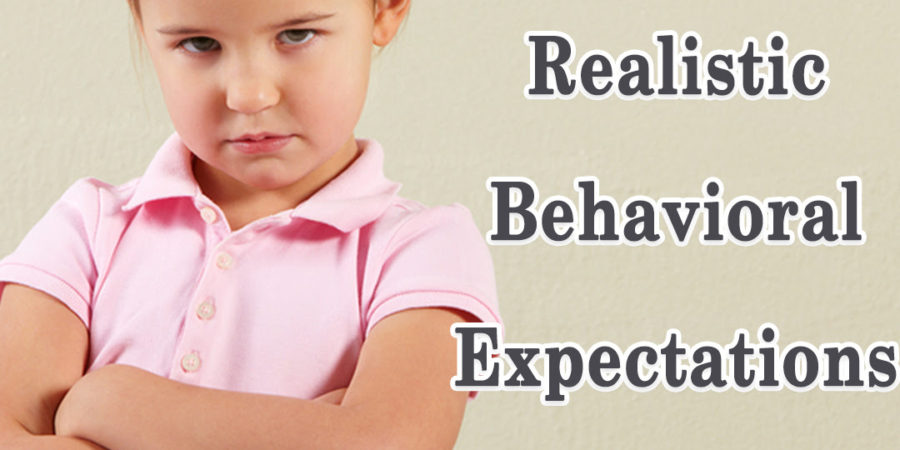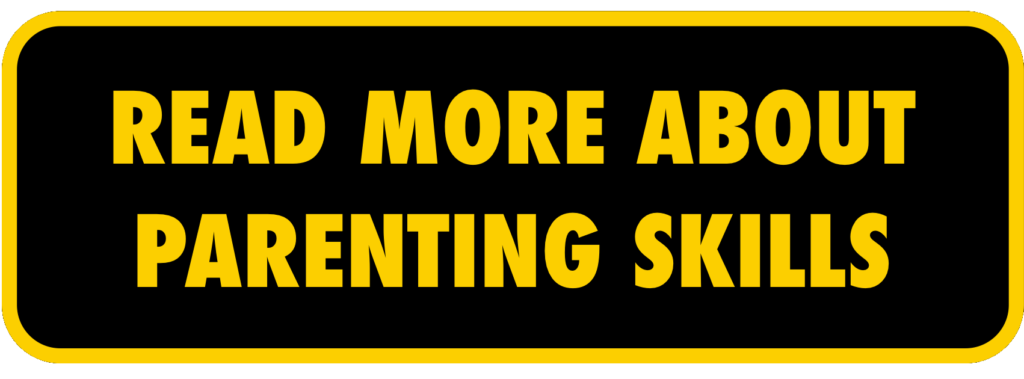Get Real! Expectations for 3- and 4-Year-Olds
Children between the ages of 3 and 4 are at a very unique growth period in their lives. They are growing at a rapid rate in all areas of development and are discovering new things daily, while also learning how to cope with new challenges. Additionally, they are in pursuit of autonomy, which can lead to behavioral issues that can be frustrating to the adults or older siblings in their lives.
However, with realistic expectations of how 3- and 4-year-olds should behave, that frustration can be greatly reduced! The fact is, as with any growth, there will be new issues that present themselves and old issues that may still arise occasionally. Children at this age won’t have behavior that is consistent or predictable, and this is normal! Development doesn’t happen in a straight line; there are curves & dips along the way!
Gaining knowledge of age-appropriate behaviors for 3- and 4-year-olds is essential to helping them positive behaviors. As they learn new skills, 3- and 4-year-olds may become more defiant as they see how far they can push the limits on these skills. They may also become frustrated or overwhelmed when trying new things because their skills may not be fully developed, and they may not yet be able to achieve what they’d hoped. Children this age may express their frustration & overwhelm in the forms of tantrums, a refusal to participate, or shutting down entirely.
It’s important that adults appear calm and in-charge when helping a child learn how to deal with their frustration & overwhelm in a positive way. In the heat of the moment, it can be very difficult to keep from showing that your patience is wearing thin, but keep in mind that you’re helping your child manage the overwhelm that they are already experiencing.
If you are feeling frustrated or overwhelmed & it shows, it can escalate the child’s own emotional state. Set boundaries and be firm, but do so in a way that reminds them that they are loved and liked. For example, “I like you, but I don’t like screaming because it hurts my ears! Ouch!” or “You are such a sweet kid, but kicking me is not sweet. It’s hurtful. I think you should make the choice to do sweet things again!” or “I love you so much. I don’t like when you won’t follow my directions, but I love you all the time.”
Most importantly, have empathy for your child. Help them to talk about what they’re feeling, and listen patiently. We all know what it’s like to feel overwhelmed & frustrated! Let them know that their feelings are normal & appropriate.
If the 3- or 4-year-old is not ready to talk about their feelings yet, then try distracting them briefly. You can redirect their energy by starting to tell them a silly joke or by breaking into a song that they know! This can help them regulate enough to get back on task.
Self-esteem also plays an important role in how well 3- and 4-year-olds learn and grow. Communicating clear rules & directions, and following a familiar routine allows children more opportunities to be successful, which builds their confidence. To this end, we have resources for you! Click HERE for a printable daily schedule for kids that you can change to fit your routine, and click HERE for an excellent article on setting appropriate rules for the household.
Remember to be patient and consistent, and the behavioral changes that this age group experiences will go much more smoothly!
Adapted from Melody Johnson’s SKILLZ


Comments are closed.